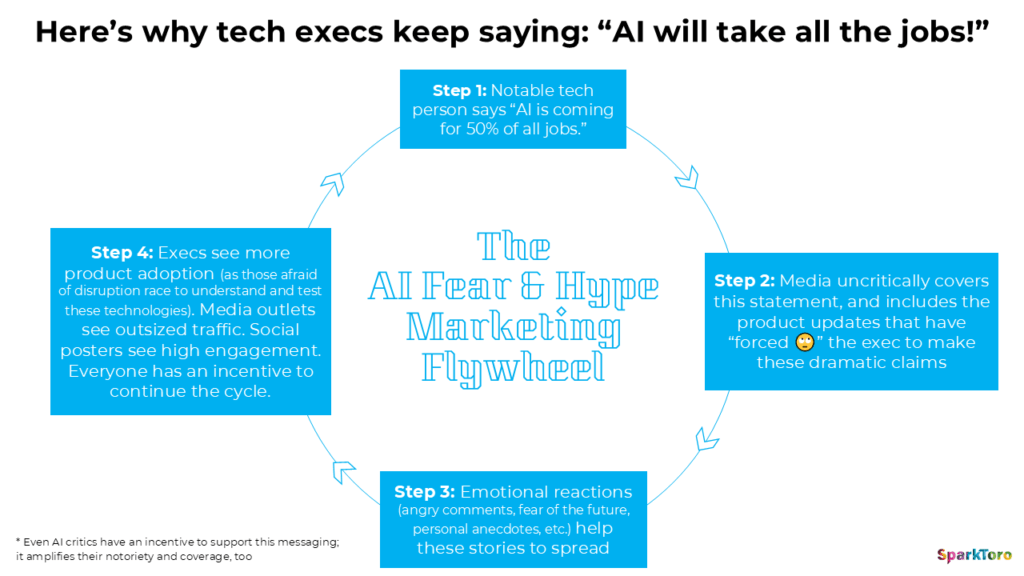Why AI Is Unlikely to Replace a Large Percentage of Jobs Anytime Soon
Historical Context Shows Technology Creates More Jobs Than It Destroys
Extensive research and historical evidence reveal that fears of massive job losses due to AI are largely unfounded. Technologies like mechanized farm equipment and personal computers caused job displacement in some sectors but ultimately created more employment opportunities overall by expanding markets and lowering production costs.
Recent Studies Confirm Labor-Displacement Myths
- A 2023 study reviewing 127 previous analyses found that labor displacement by technology is offset by mechanisms that create or reinstate jobs.
- The Economic Policy Institute notes that productivity growth driven by technology has not historically led to higher unemployment or inequality.
- The PC revolution destroyed millions of jobs but created an even greater number, resulting in a net gain of nearly 16 million jobs in the US.
Current AI Impact on the Labor Market Is Minimal
Despite hype predicting imminent large-scale job losses due to AI, unemployment rates remain near historic lows. The influence of AI on sectors like software engineering appears more related to hiring caution amid economic factors than actual job elimination. Even in tech-heavy fields, job losses related to AI amount to less than 0.1% of total employment.
Why AI’s Disruptive Effect Is Slower and Less Severe Than Feared
- Machine learning and generative AI have been developing for over two decades, yet significant labor market shifts have not materialized.
- Economic conditions, such as inflation control measures and trade policies, have had a greater impact on employment than AI innovations.
- Historical examples of rapid labor displacement (e.g., farm mechanization) occurred within five years, whereas AI’s effects remain gradual.
AI Job Displacement Predictions Often Stem from Marketing and Media Hype
Leaders in AI and media outlets benefit from sensational claims about AI destroying jobs, which drive attention, clicks, and adoption. Critics also gain visibility by amplifying these fears. This cycle fuels misconceptions that AI will cause mass unemployment in the near future.
The Future of Work Will Continue Evolving, But Not Abruptly
While AI and other technological, social, and economic forces will reshape employment over time, expecting AI to replace 20-50% of jobs within a decade is unrealistic. Historically, new types of jobs have emerged continuously—over 60% of 2018 jobs didn’t exist before 1940—highlighting ongoing adaptation rather than wholesale job destruction.
Source: SparkToro by Rand Fishkin. Read original.
